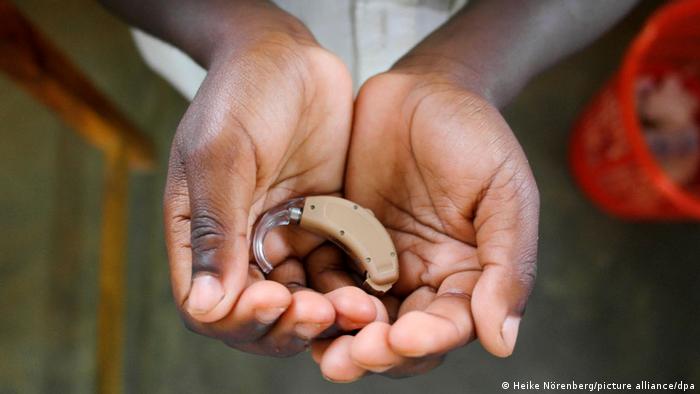AS temperatures drop, it’s likely many more of us are suffering with the sniffles.
However, experts say that there are times when cold-like symptoms could be a sign of cancer.
The disease will affect one in two of us during our lifetime, data from Cancer Research UK states.
While most of the time your cough, sore throat and runny nose will just be down to the common cold, there are other instances when you should follow up with an expert.
1. Night sweats
Medics at the charity said that night sweats or having a high temperature can be caused by infections and viral illnesses.
This could include the flu, colds and even Covid.
It’s also often experienced by women during the menopause.
However the experts said that there are certain cancers that cause you to sweat more than usual.
These include:
- non-Hodgkin lymphoma
- Hodgkin lymphoma
- carcinoid tumours
- leukaemia
- mesothelioma
- bone cancer
- liver cancer
The experts added that people with advanced cancer of any type may also experience sweating.
2. Fatigue
We all feel tired from time to time and this can be put down to various things such as stressful events, or if you’re having issues sleeping.
Many people will feel tired when they have a cold, as your body is trying to fight the virus.
Studies have found that we feel more sleepy and tired as our body is forcing us to rest.
“But if you’re feeling tired all the time, or, for no clear reason, it could be a sign that something is wrong – speak to your doctor,”;; the experts said.
Data from the NHS states that nine out of ten people with cancer will experience fatigue.
Cancer Research UK said that this fatigue could leave you with a host of other symptoms.
These include a lack of energy, feeling like you can’t be bothered, finding it hard to get up in the morning and trouble sleeping.
They added that you might also have negative feelings and have pain in your muscles.
3. Aches or pains
The NHS states that muscle aches and pains are a common symptom when it comes to a cold.
Most of the time, a cold will go away on its own, but in some instances, aches and pains could be a sign of cancer.
The experts at Cancer Research UK said that the amount of pain you have will vary on the type of cancer you have.
Some cancers can spread to the bone and many people say that this feels like a dull aching or throbbing.
4. Croaky voice
Having a croaky voice or feeling hoarse can be common with colds. But a croaky or hoarse voice that hasn’t gone away should be checked out, the experts said.
The NHS says that the main symptom of laryngeal cancer is having a hoarse voice for more than three weeks.
“Other symptoms include: a change in your voice, such as sounding hoarse. pain when swallowing or difficulty swallowing,”;; they said.
5. Ulcers
Medics at Cancer Research UK said that it’s common to get ulcers (small sores) in the mouth when you’re a bit run down and that they usually get better in about two weeks.
However, this can also be a sign of mouth cancer, they said.
6. Persistent cough
Throughout the Covid pandemic we were all taught to be on the lookout for a new persistent cough.
Coughs are common with colds, but if it doesn’t go away within a few weeks then this could be a sign of lung cancer, the experts said.
7. Swelling
The NHS states that many different types of infections, such as a cold can cause swollen glands.
Experts at Cancer Research UK said this could also be a sign of cancer.
You might experience swelling in the neck or the armpits, they said.
It’s important that if you are worried about any of your symptoms then you see your doctor.
In the event of an emergency, always call 999.




